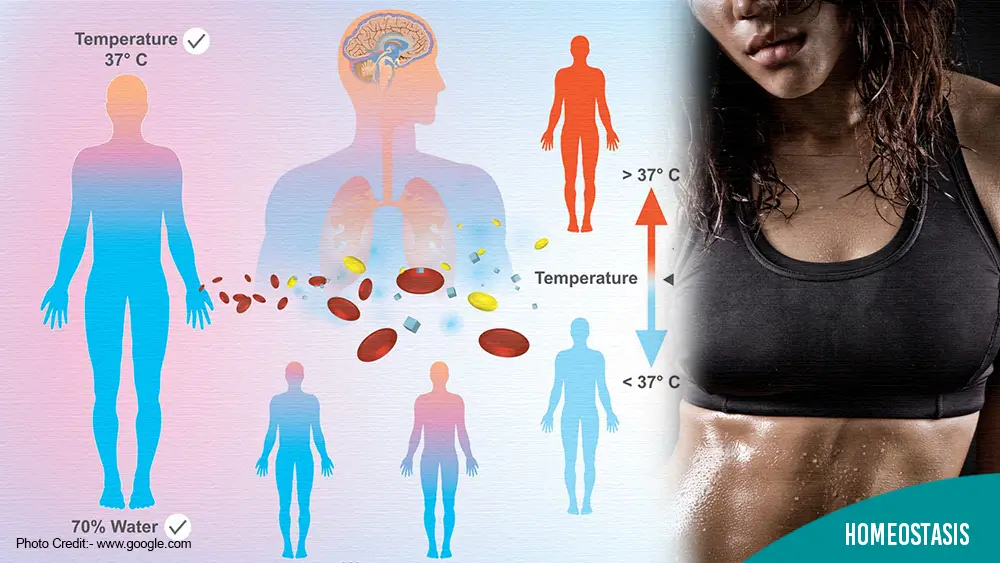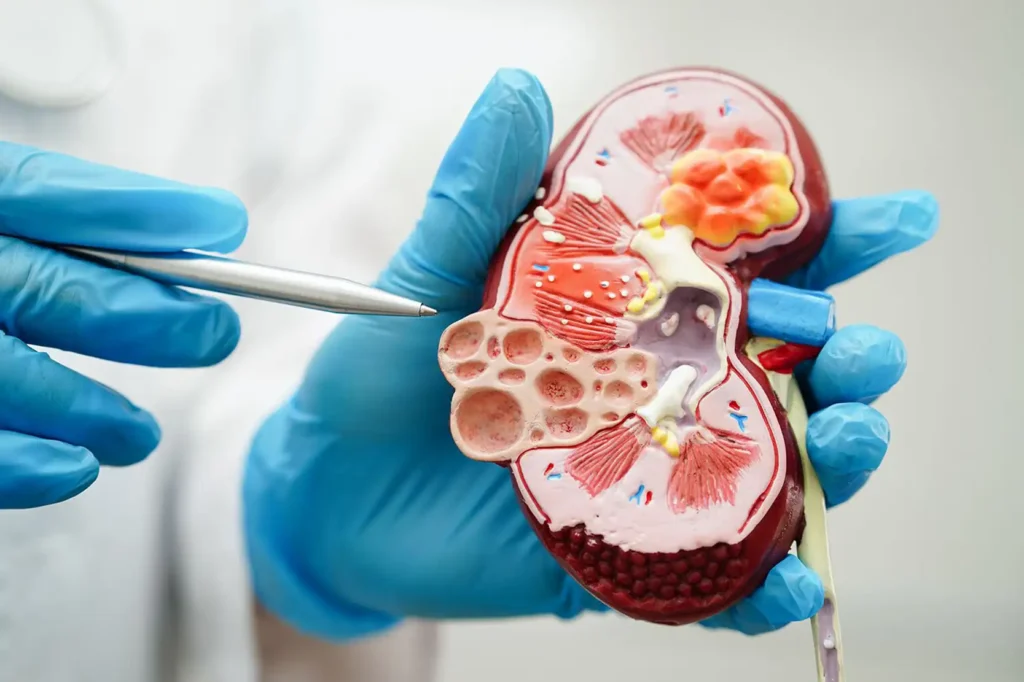Navigating Your Wellness Journey with Expert Care
“Embark on with Health”
Dr. Michael Greger, an Expert in Aging, on Optimal Nutrition for a Longer Life
HEALTH NEWS Dr. Michael Greger, an Expert in Aging, on Optimal Nutrition for a Longer Life O ne such luminary…
How Much Does Breast Reduction Surgery Cost?
The cost of breast reduction surgery cost typically ranges from $5,000 to $15,000 in the United States. Factors like geographic…
Homeostasis: A Balancing Act in Living Organisms
HEALTH BLOG Homeostasis: A Balancing Act in Living Organisms Discover the intricate balance of homeostasis in living organisms, from its…
L-Lysine and Weight Loss: Fact or Fiction?
Learn and Discover the Potential of L-Lysine and Weight Loss: Learn how combining L-Lysine with other supplements may support your…
Here Your Ultimate Modification of Diet in Renal Disease
Whether you’re newly diagnosed or managing advanced CKD, understanding these dietary changes can help slow progression, prevent dangerous imbalances, and…
Auther's Pick
Chemicals in Baby Products Linked with Premature Birth
HEALTH NEWS Chemicals in Baby Products Linked with Premature Birth…
Duloxetine Recall by FDA: Understanding the Risks and What You Need to Do
The Duloxetine Recall by FDA involves over 233,000 bottles…
What is Brain Fog: Unlocking Mental Clarity
NEUROSCIENCE What is Brain Fog: Unlocking Mental Clarity…
Follow US
Stanford Researchers Solve Epstein Barr Virus
Discover a comprehensive guide to Epstein Barr virus (EBV), explaining what it…
Most Read
Discover Categories
Latest Updates
Really Dave Coulier Diagnosed With Tongue Cancer
He is undergoing 35 targeted radiation sessions, with a strong prognosis over 90%…
Ruth Codd Recovering After Second Leg Amputation
With prosthetics on the horizon and a sense of optimism, Ruth’s decision highlights…
Coca Cola Cherry Bring Back With Iconic Soda Flavour
This revival reflects Coke’s strategy to leverage nostalgia while innovating its product line,…
A Man Sudden Death Due to Alpha Gal Syndrome
Drawing on recent UVA research including the first documented death this post explains…
Stanford Researchers Solve Epstein Barr Virus
Learn detection methods, symptoms, prevention tips and future outlook in plain, conversational language…
Hormone Replacement Therapy is Beneficial for Women
Written with expert insight and medical accuracy, this SEO-optimized post empowers women to…
Infant Botulism Formula Recall Everone Needs to Know
Understand the science behind infant botulism, why the recall was issued, and how…
Why Cholesterol medication atorvastatin recall 2025
As an experienced healthcare professional, I help you navigate the recall with practical…
Shake and Protein Powders Contain High Levels of Lead
Learn why these metals appear in protein powders, how to identify safe brands,…
How Old Should You Be to Drink Powerade?
Learn about the drink's sugar content, absence of caffeine, and how it compares…

Find Pregnancy Related Tips Blogs!
Infant Botulism Formula Recall Everone Needs to Know
In this detailed guide, a paediatric-healthcare professional explains the recent infant botulism…
Famous Conjoined Twins Abby and Brittany Hensel Age
Abby and Brittany Hensel are 35 years old in 2025, born on…
How to Identify Fibrocystic Breast Disease After Menopause
This detailed guide explains how to identify benign Fibrocystic Breast Disease After Menopause, when to seek medical help, and how lifestyle and hormone adjustments can improve breast health. With expert…
Is UTI a Sexually Transmitted Disease?
Wondering if a UTI is a sexually transmitted disease? The short answer:…
Really Dave Coulier Diagnosed With Tongue Cancer
Dave Coulier, famous for Full House, has revealed a new diagnosis: early-stage…
Ruth Codd Recovering After Second Leg Amputation
Ruth Codd, the Irish actress and social-media star, recently revealed she has…
Coca Cola Cherry Bring Back With Iconic Soda Flavour
This revival reflects Coke’s strategy to leverage nostalgia while innovating its product line, betting on long-term customer loyalty. Learn why this flavor comeback matters, how it's different this time, and…
A Man Sudden Death Due to Alpha Gal Syndrome
Alpha gal syndrome (AGS) is a growing tick-bite–induced allergy to mammalian meat…
Does Insurance Cover Therapy?
Understand in-network vs out-of-network coverage, common insurance terms, and resources for free…
Best Yoga Poses for Stress Relief: Find Your Inner Calm
With step-by-step instructions and breathing techniques, this guide helps you unwind and…
6 Natural Remedies for Anxiety: A Holistic Solutions
Discover the most effective natural remedies for anxiety to help you feel calmer and more in control. This comprehensive guide covers herbal solutions like chamomile and lavender, mindfulness practices, exercise tips,…
How Much Is the Average Asbestos Lawsuit Settlement Amount?
These settlements are a vital source of financial support for individuals suffering…


































